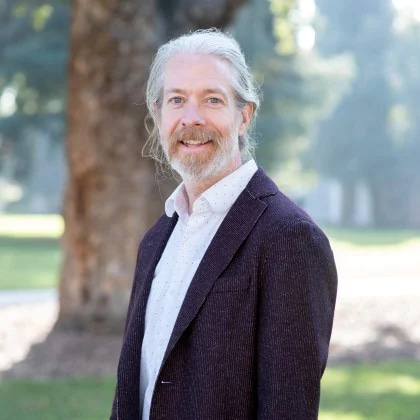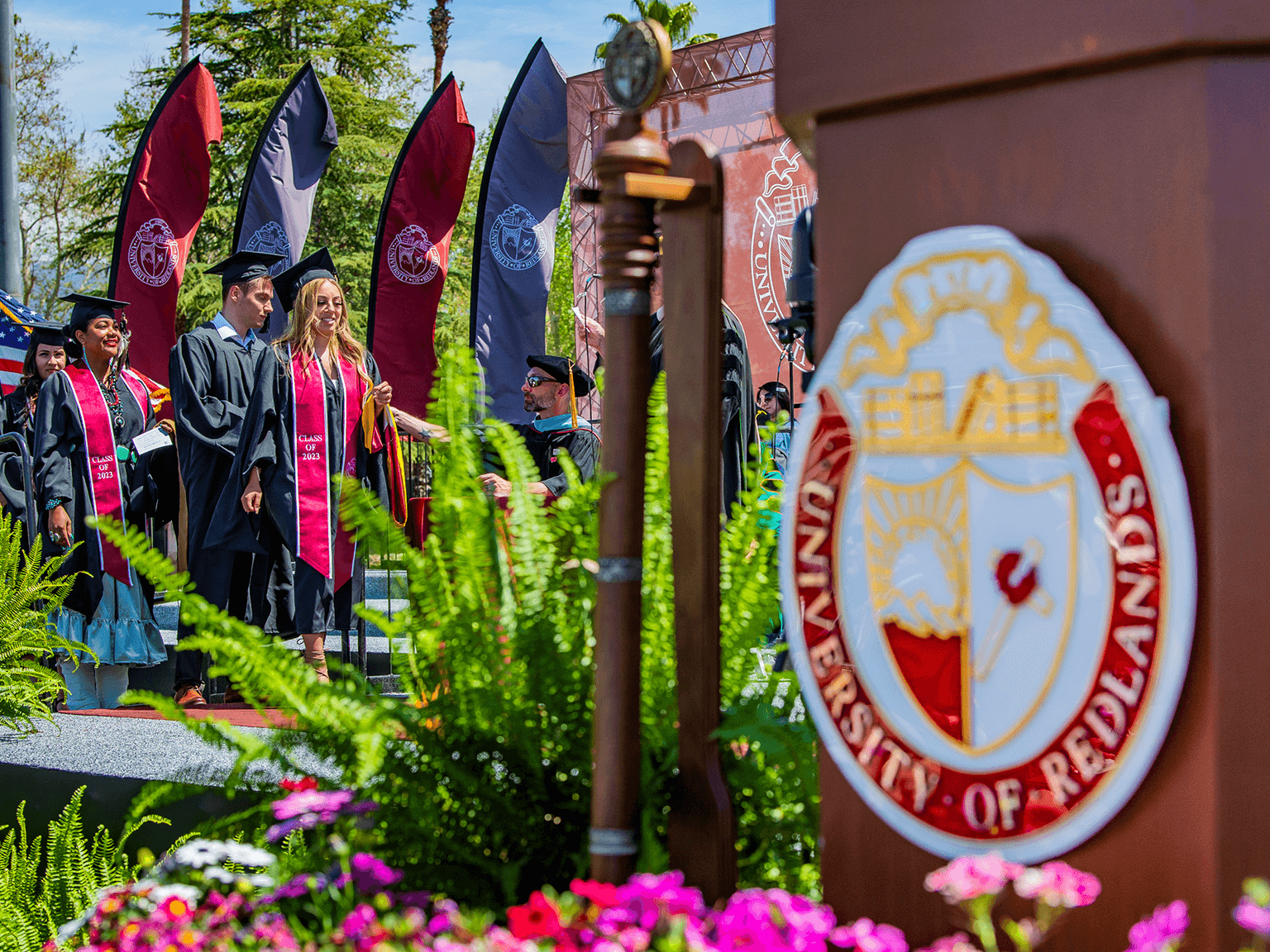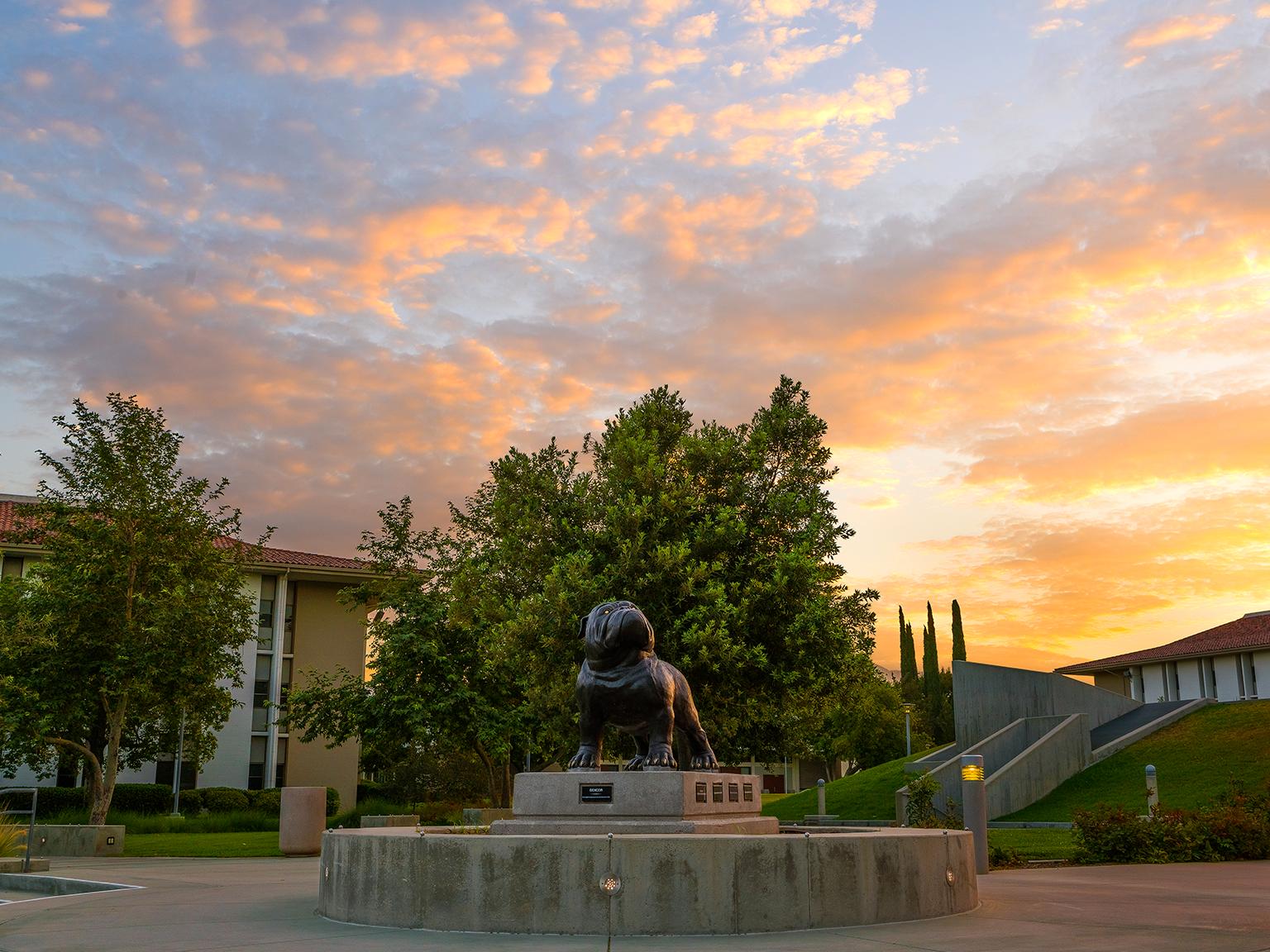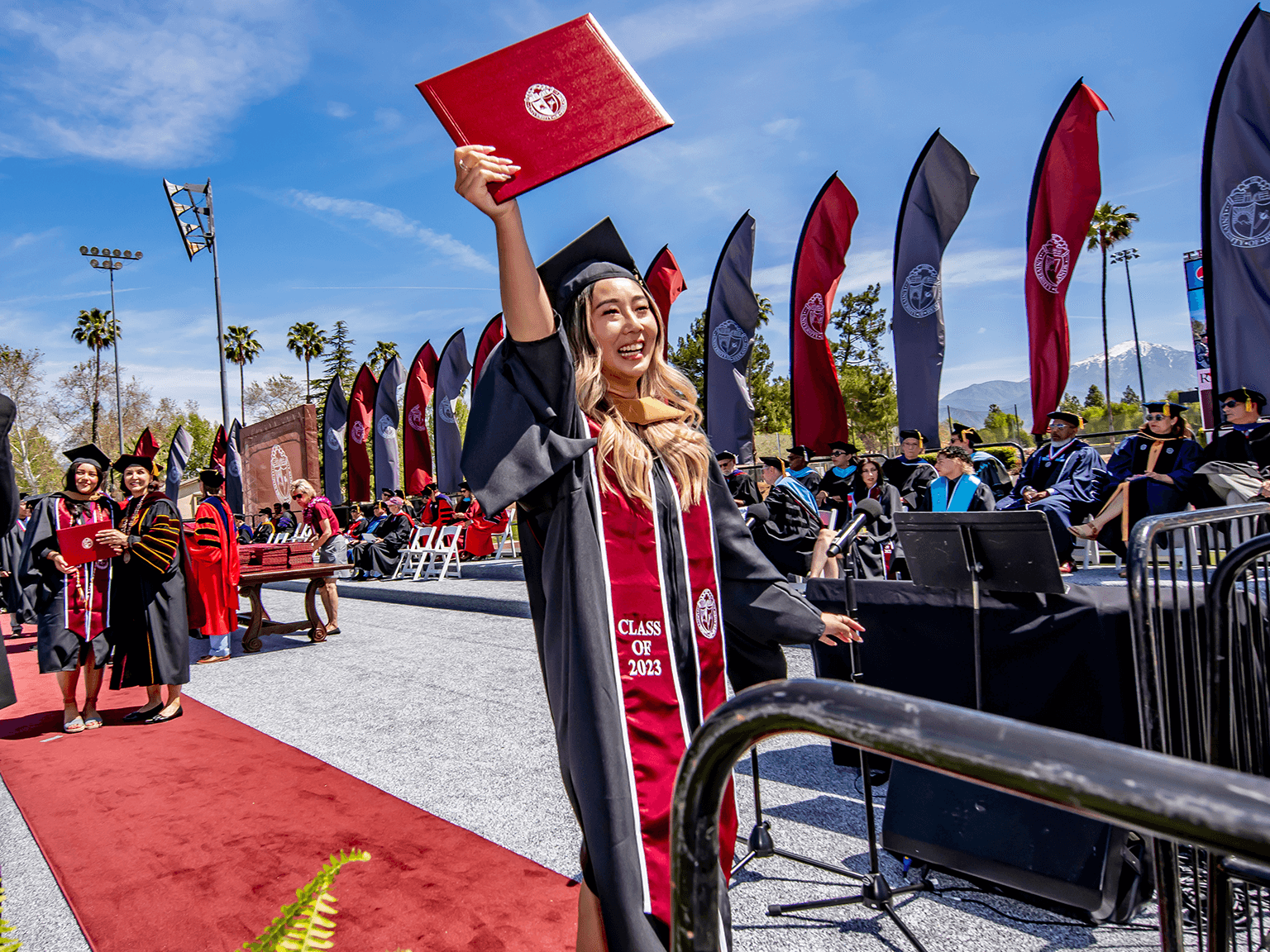
Brian Charest Ph.D.
(he/him/his)About Dr. Charest
I'm a former high school teacher. I've taught in both Chicago and Seattle public schools, where I've worked with diverse student populations. Most of my classes as a high school teacher and a university professor have included working in community-based settings. This is because I believe that school and community building are reciprocal, not separate, projects. Education for me, is about love, respect, and liberation. What does it mean to be an educated person in a democratic society? What would schools look like if the goal was to liberate and push us to reach our fullest potential? Can we imagine schools as spaces that support and encourage creativity, kindness, collaboration, and freedom? I believe that schools work best when they are run democratically and are places where all students feel safe and supported as they pursue the questions that matter most to them.
Education
- Ph.D., English Education, University of Illinois at Chicago
- M.A., Special Education, Roosevelt University
- M.A., English, San Francisco State University
- B.A., English, University of California, Santa Cruz
Professional Background
Brian's primary research interests include civic engagement and democratic schooling, as well as teacher education and the prison-to-school pipeline. In addition to serving as the Associate Dean of Academic Affairs, Brian co-directs the Center for Educational Justice (CEJ).
Brian continues to lead the Cuba Study Away course, where students visit Cuba and live with Cuban families during the summer, all while exploring Cuban schools, examining the health care system, and meeting with activist groups.
Brian also teaches the Inside-Out Prison Exchange class where University of Redlands students take a course alongside incarcerated students at the Norco Prison. The Inside-Out class challenges students to cross profound social barrier to learn together with incarcerated students in order to see the effects of mass incarceration and to consider alternative forms of justice.
Before coming to the University of Redlands, Brian taught high school English in Chicago and Seattle.
Publications
Charest, B. (2021). Civic Literacy in Schools and Communities: Teaching and Organizing for a Revitalized Democracy. New York: Teachers College Press.
Charest, B. & Sjostrom, K. (Eds.). 2019. Unsettling education: Finding ethical footing in a time of reform. New York, NY: Peter Lang.
Junisbai, B., Charest, B., Bullock, R. (2024) Transformative disruption: Faculty perspectives on teaching in the inside-out prison exchange program. Professing Education.
Charest, B. (2024). The culture wars redux: Responding to the attacks on critical race theory. Lalas, J. & Stikwerda, H. (Eds.) Contextualizing Critical Race Theory on Inclusive Education. Bingley, UK: Emerald Group Publishing.
Charest, B. (2022). Toward a better democracy: Lessons from the black freedom movement. [Human Restoration Project]. Retrieved from https://writing.humanrestorationproject.org/toward-a-better-democracy-lessons-from-the-black-freedom-movement/
Charest, B. (2021). On the margins of the margins: Teaching teachers inside juvenile hall. In Lalas, J. & Strikwerda, H. (Eds.) Minding the marginalized students through inclusion, justice, and hope: Daring to transform educational inequities. Bingley, UK: Emerald Group Publishing.
Charest, B. (2019). Navigating the shores: Troubling notions of teacher as researcher. International Journal of Critical Pedagogy. 10(2), 19-44
Awards and Service
- 2021, Outstanding Faculty Award for Research/Creative Activity, University of Redlands, School of Education
- 2021, President’s Award, University of Redlands
- 2021, Outstanding Book Award, Honorable Mention (for Civic Literacy in Schools and Communities), Society of Professors of Education
- 2020-2021, Inclusive Community and Justice Fund Award, University of Redlands, President’s Cabinet
- 2013-2014, UIC Chancellor’s Student Service Award, University of Illinois at Chicago
- 2007-2008, Teacher of the Year, South Side Chamber of Commerce, Chicago, IL
- 2007-2008, Service Learning Coach of the Year, Chicago Public Schools Office of High School Programs



